Report this entry
More from the same community-collection
Dale Resler - El Paso Kiwanis Club Award - 1954
Dale Resler - El Paso Kiwanis Club Award - 1954 A special ...
Duchesses - Queen Nancy Saunders Court - 1955 - El Paso, Texas
Queen Nancy Saunders Court in 1955. Duchesses, L-R, Nancy ...
Queen Nancy Saunders - Being Crowned - 1955
Queen Nancy Saunders - being crowned by President Tom Patterson ...
Queen Ruth Katherine Fulwiler - 1956 - El Paso, Texas
Sun Bowl Queen Ruth Katherine Fulwiler in Processional - 1956 - ...
Sun Carnival Coronation Ball - 1950 - 1960
Sun Carnival Coronation Ball - left to right - Jim and Marta ...
Board of Directors - 1957- YMCA
B.A. Pendley, Bob Bruce, Morris Donaldson, H.D. Fulwiler, Skippy ...
Southwestern Children's Home Board of Directors - 1957
Southwestern Children's Home Board of Directors - 1957 Seated ...
State National Bank Board of Directors - El Paso, Texas - 1959
This picture of the board was probably taken around 1959. Front ...
Scottish Rite - Dale Resler - 1959
From left to right - Hardin Louis Atkins Jr., the next two are ...
Peter DeWetter Presents Girl Scout Bronze Statue to Dale Resler
Peter DeWetter presents Girl Scout Bronze Statue to Dale Resler ...
Admiral In The El Paso Navy - 1970
Dale Resler receives the Admiral In The El Paso Navy from the ...
Mountain States Telephone and Telegraph Company Board - 1971
Members of the 1971 Mountain States Telephone and Telegraph ...
State National Bank Building - 1972 - El Paso, Texas
Building the State National Bank Plaza, office tower, bank ...
Nona Resler's 98th Birthday Celebration
Gary and Jennifer and their new little daughter Aeva, came from ...
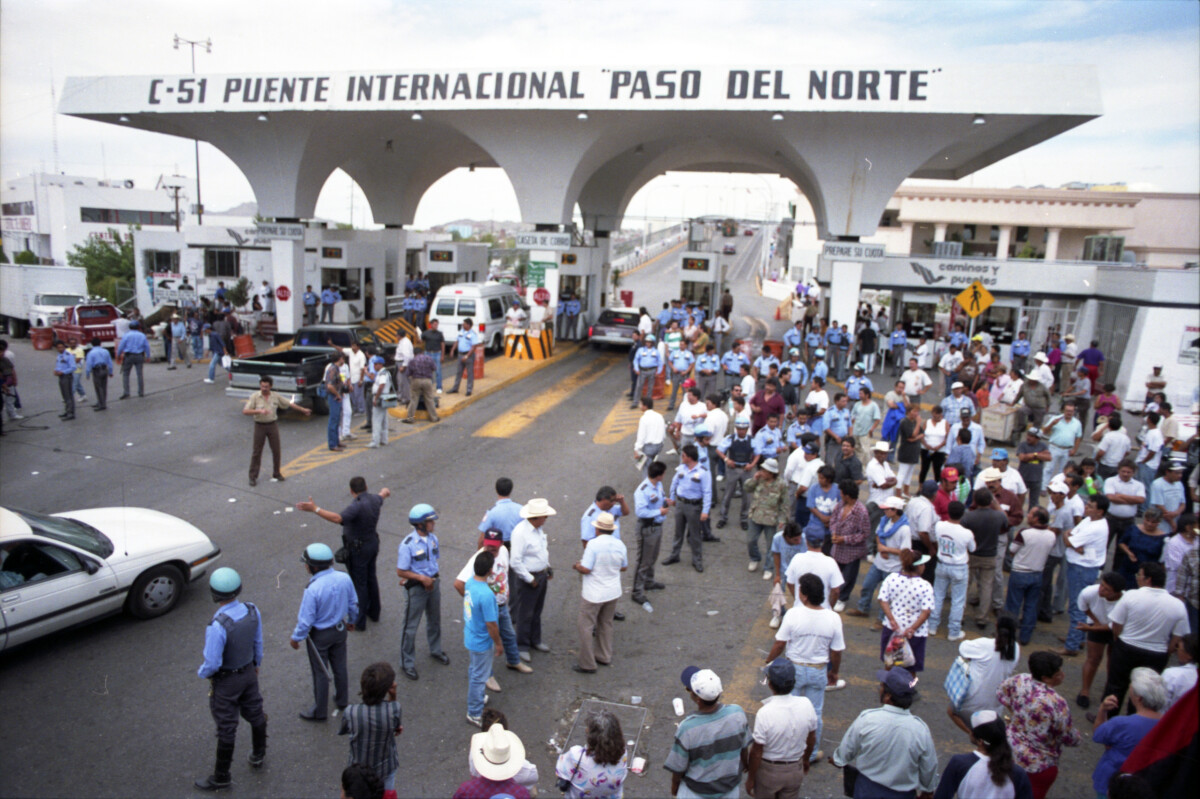
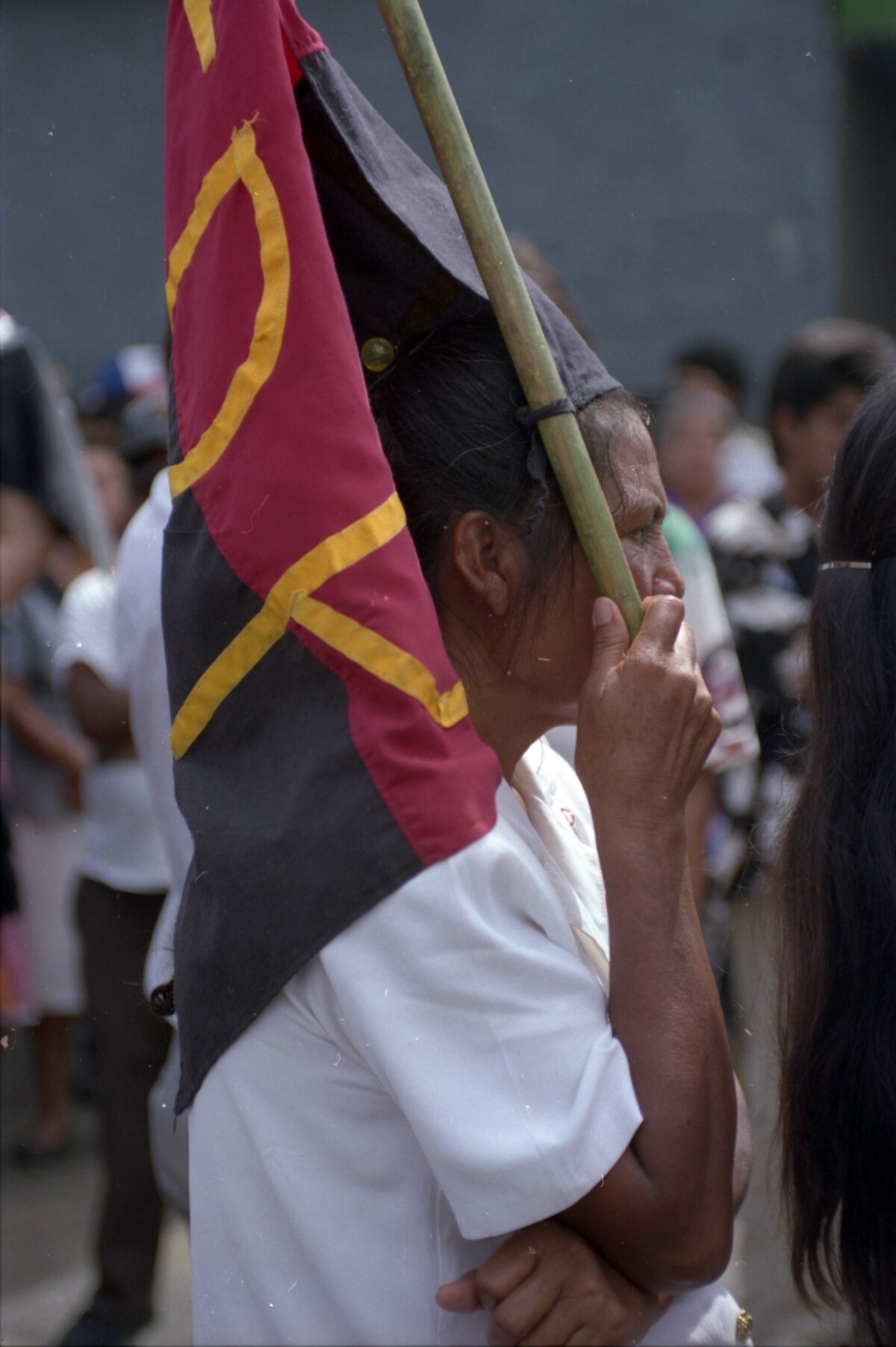
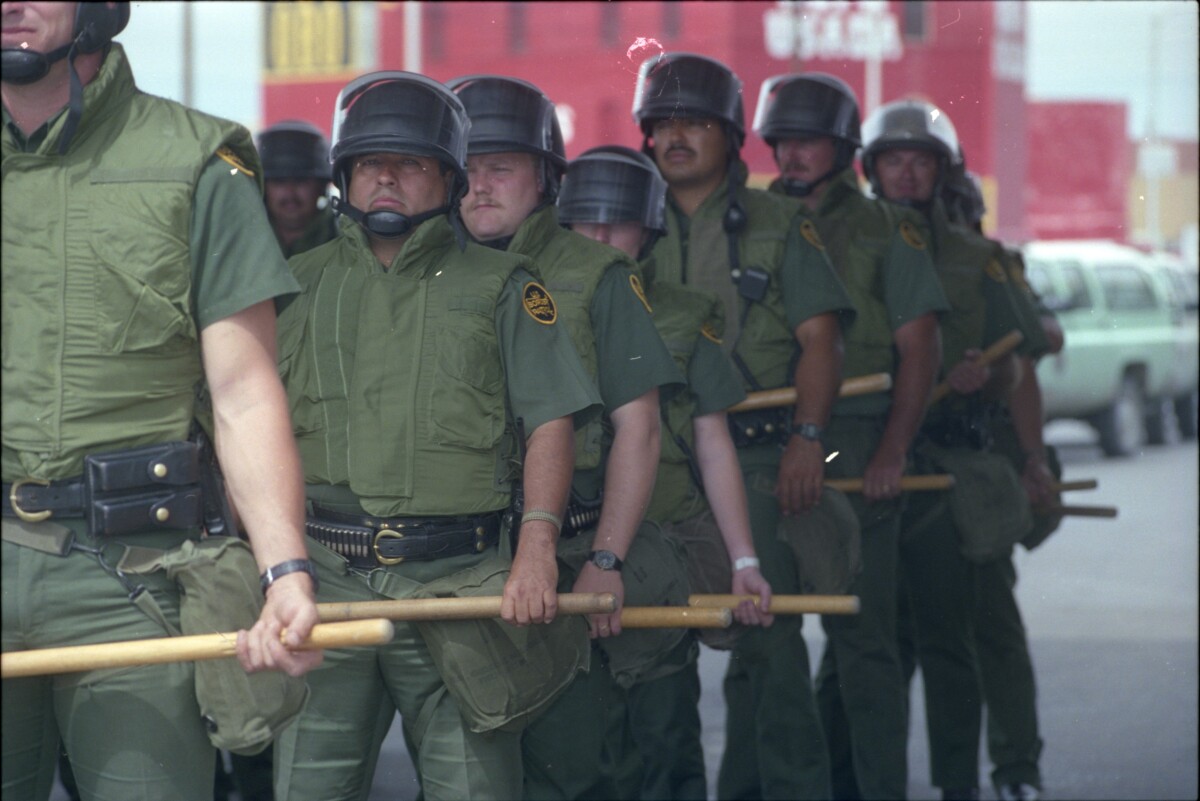
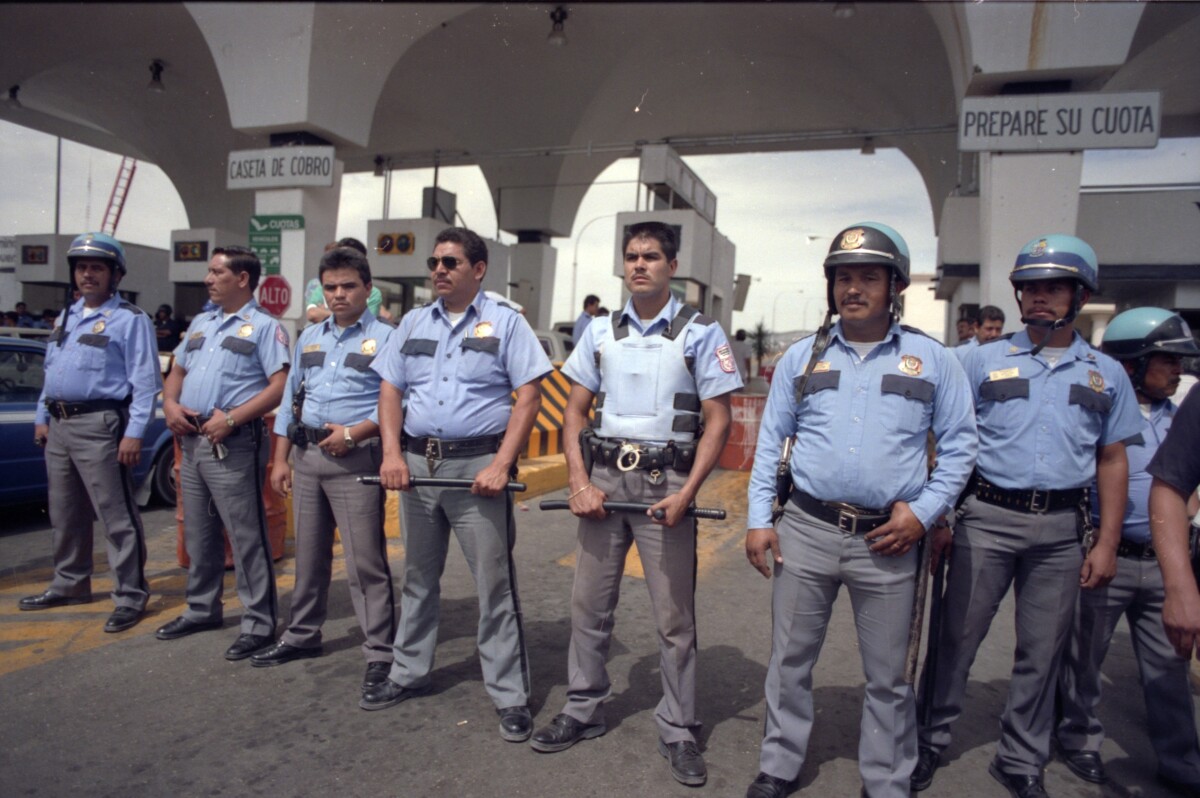
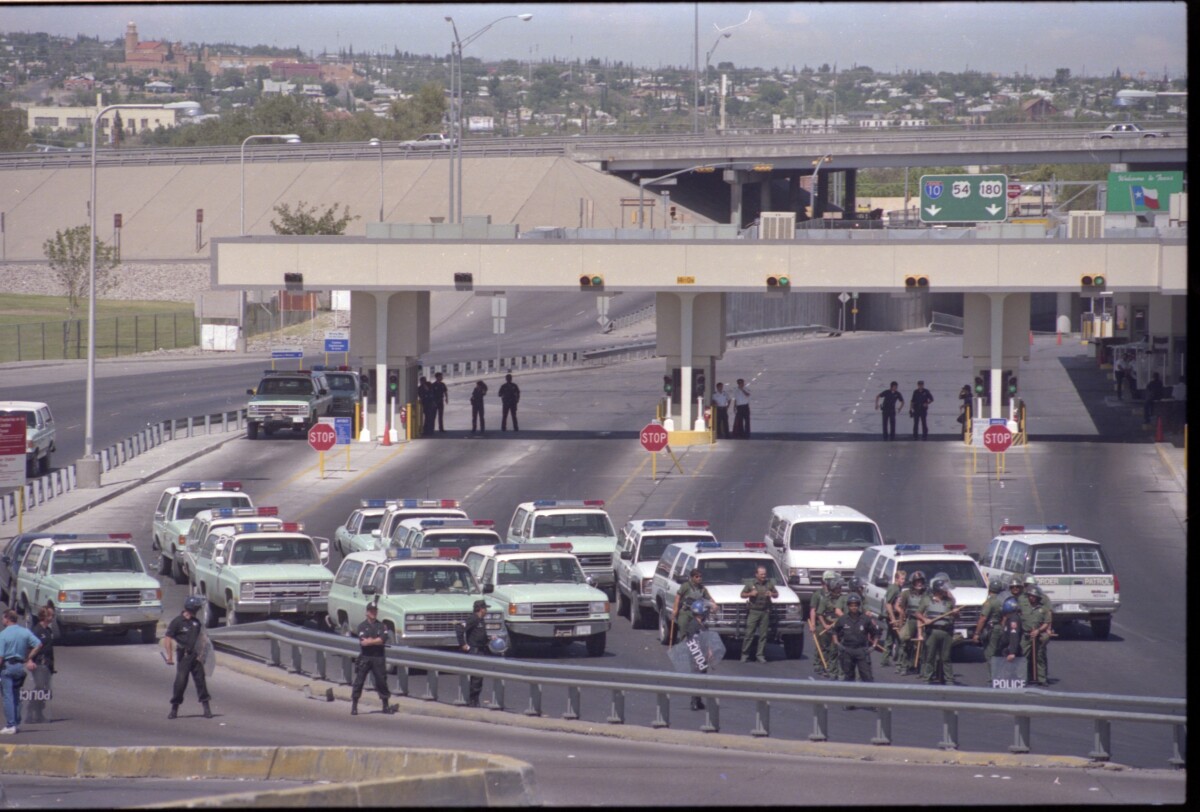
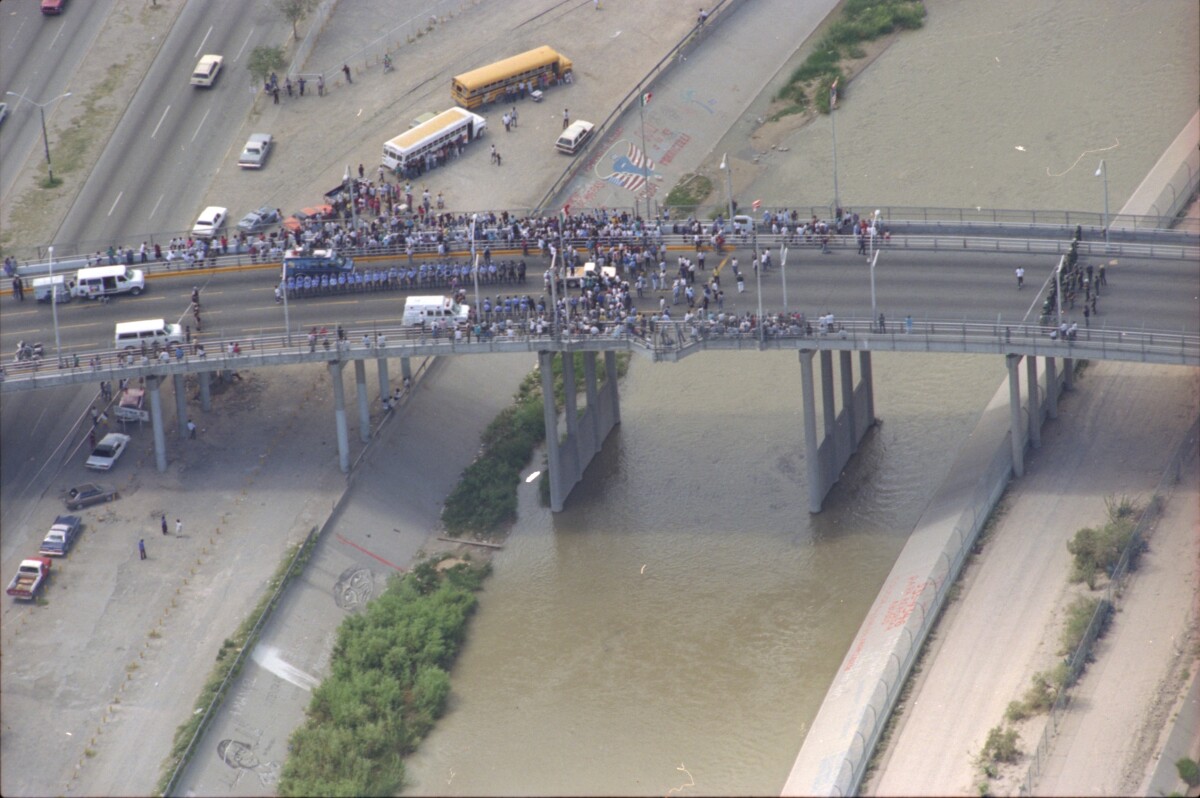
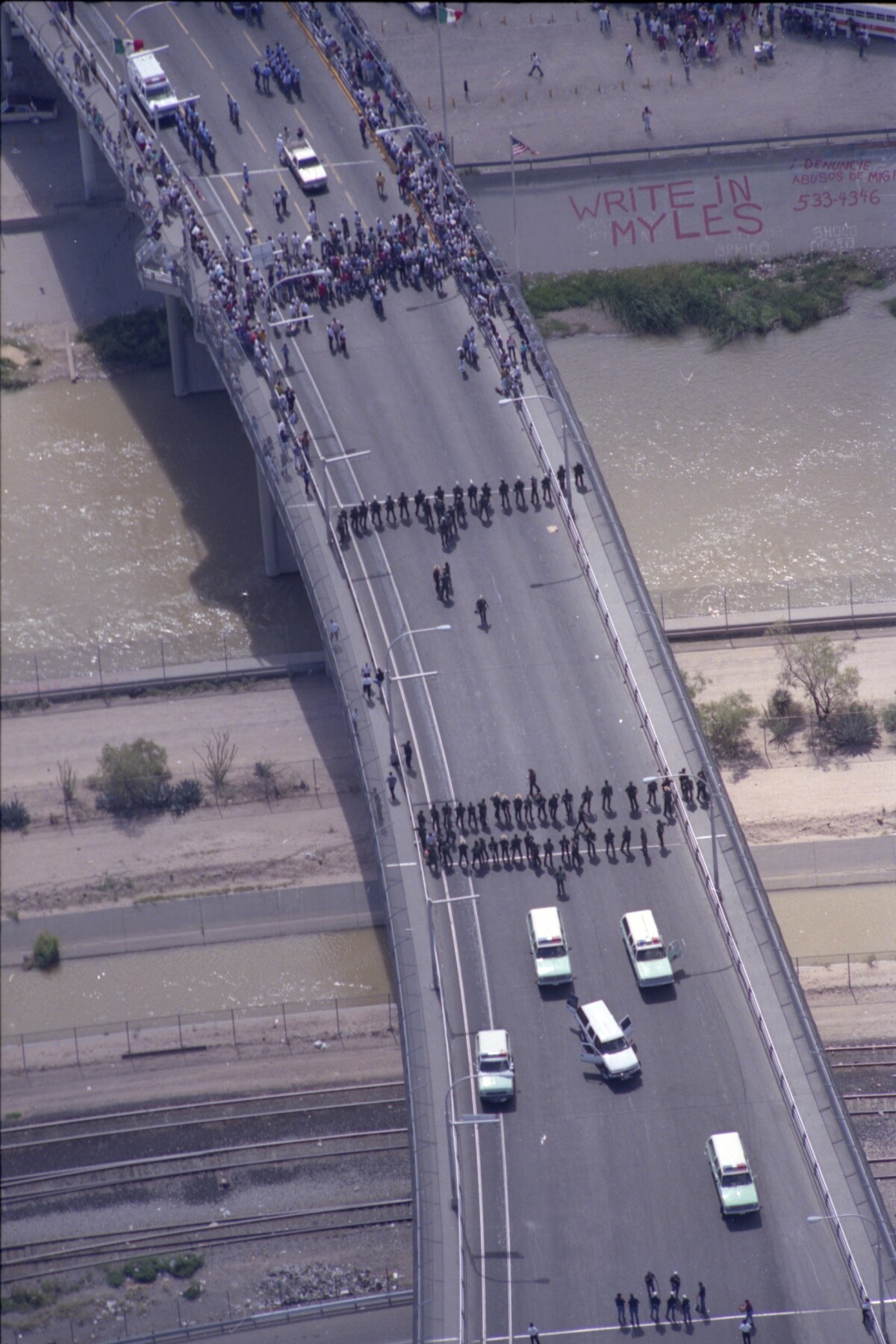
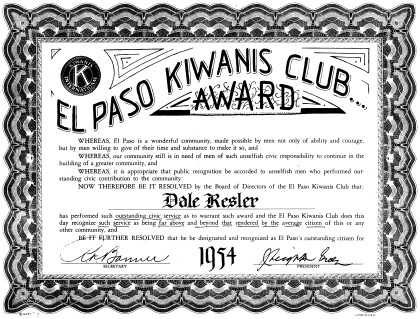
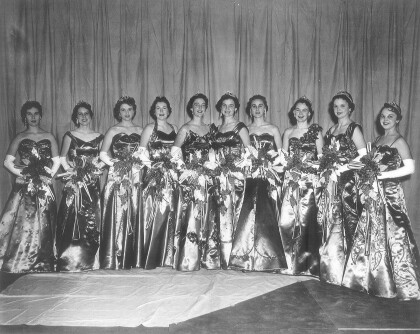
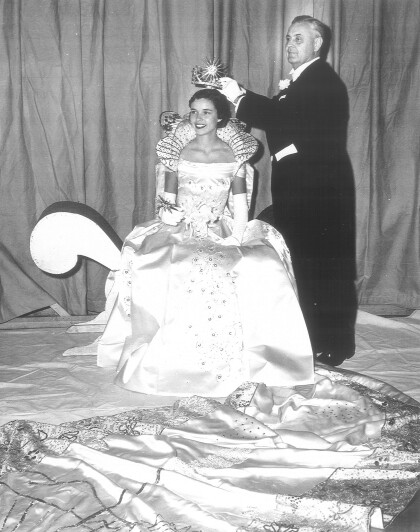
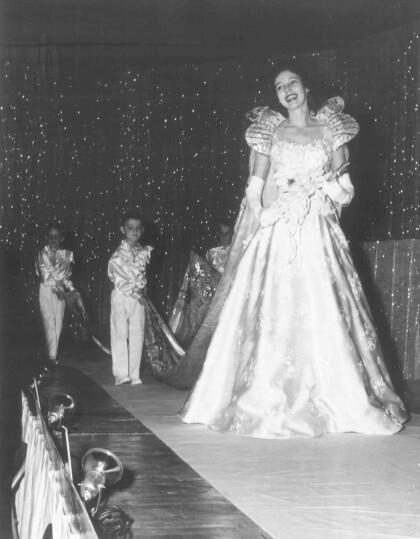
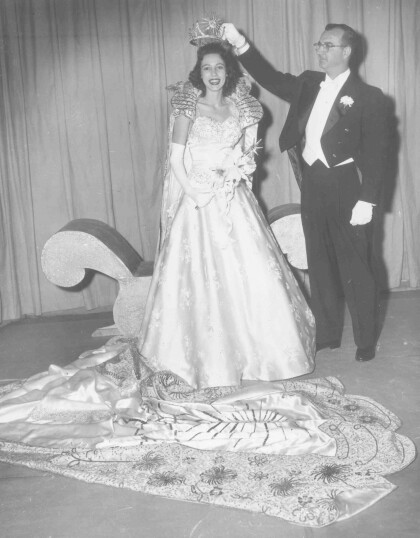
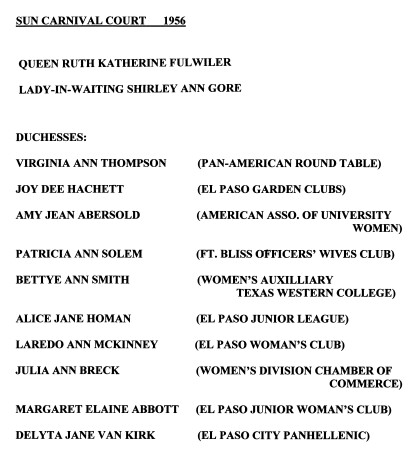
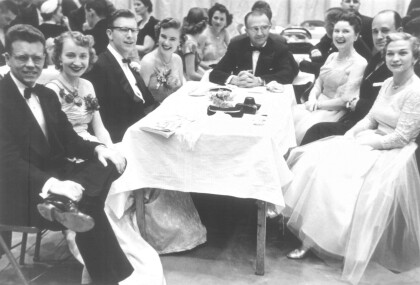
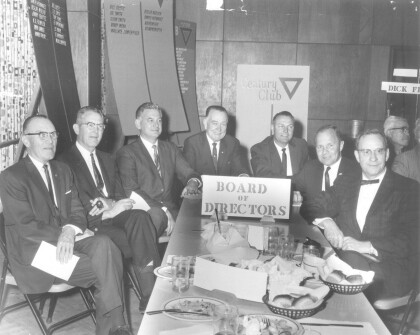
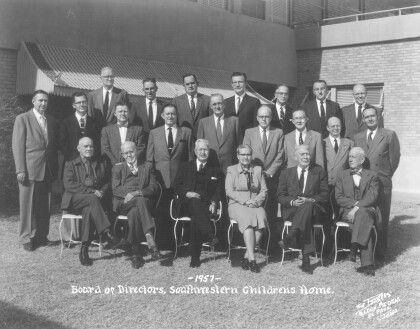
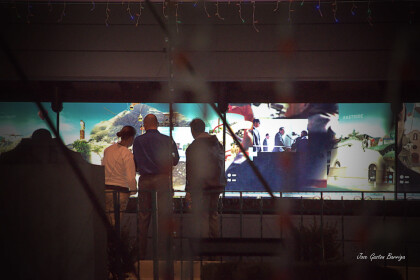
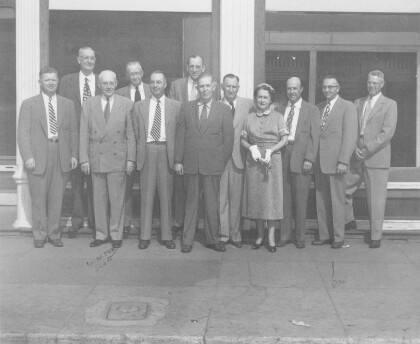
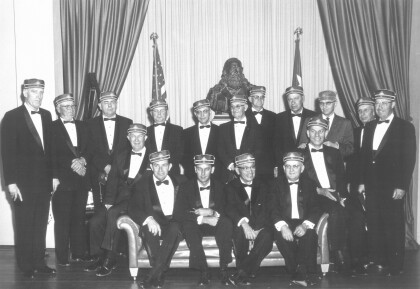
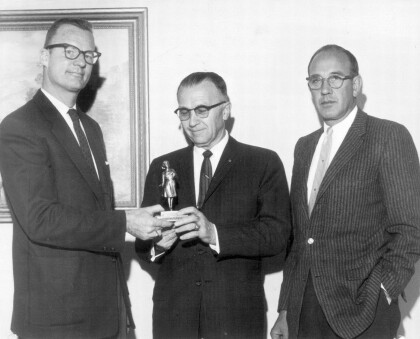
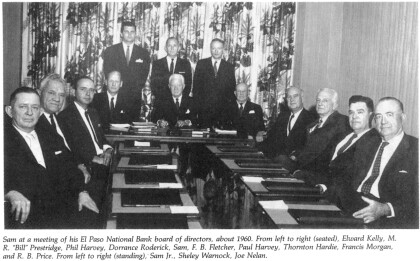
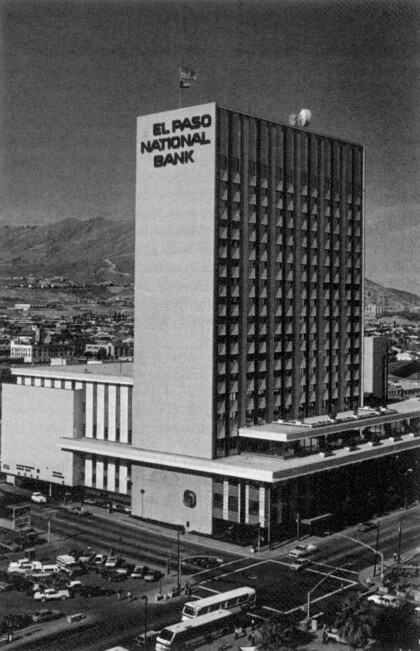
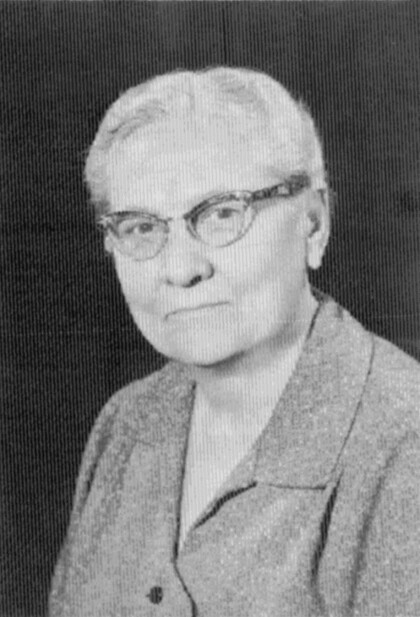
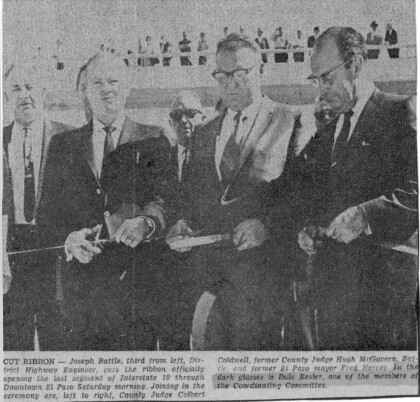
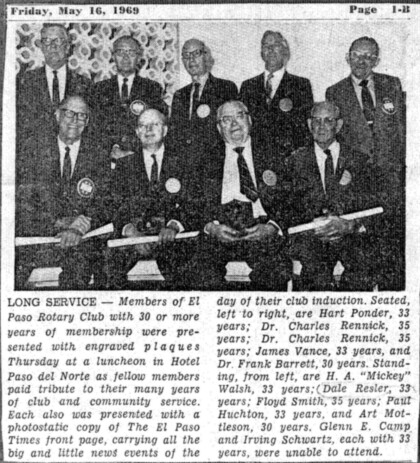
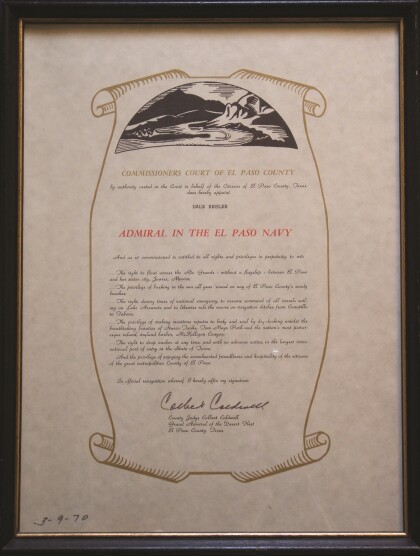
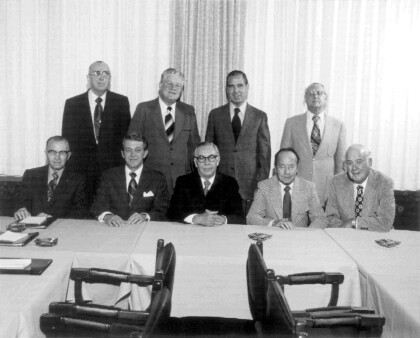
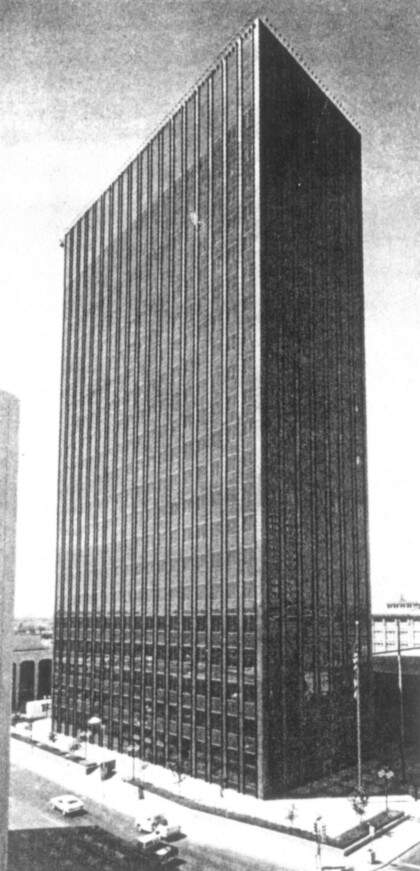
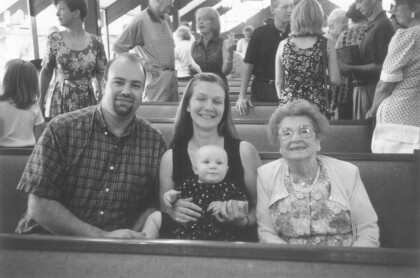
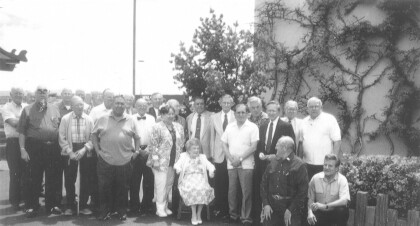
Comments
Add a comment